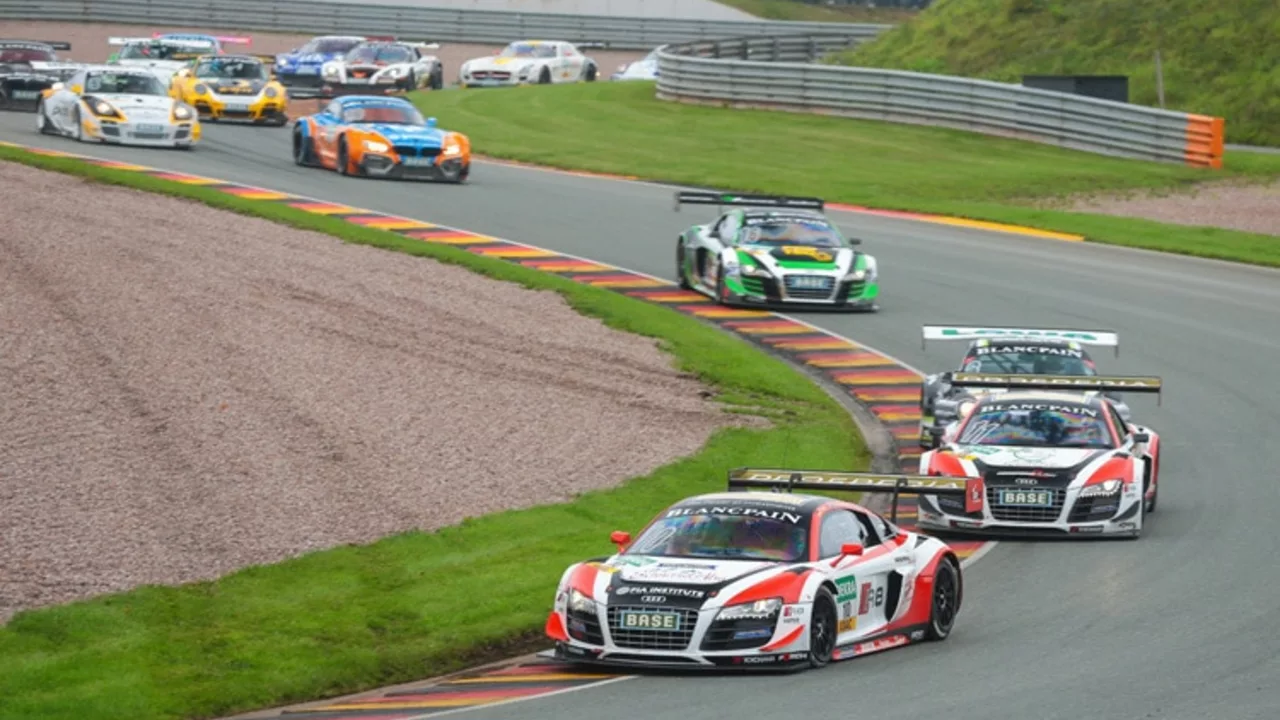The Historical Background of Switzerland's Ban on Motor Racing
In 1955, a catastrophic accident occurred during the Le Mans 24-hour race in France, resulting in the death of more than 80 spectators. This tragedy led to wide-ranging changes in the motor sports world, including an outright ban on motor racing in Switzerland. This ban was not a knee-jerk reaction, but rather a considered response to the real dangers associated with motor sports. The Swiss government felt it was necessary to prevent such a tragedy from happening on Swiss soil.
While other countries introduced safety measures and continued with motor racing, Switzerland stood firm in its decision. The ban was not limited to car racing; it also extended to motorcycle racing, making Switzerland one of the few countries where such popular sports are prohibited. This decision has had a far-reaching impact on the motor sports scene in Switzerland, affecting not only the fans but also those who aspire to become professional racers.
The Impact of the Ban on Swiss Motor Sports Culture
The ban on motor racing has significantly affected the culture of motor sports in Switzerland. While the rest of the world has legends in F1, MotoGP, and other motor sports, Switzerland has had to miss out on this aspect of sporting culture. Swiss motor sports enthusiasts have had to travel abroad to experience the thrill of a live race. This has also limited the opportunities for Swiss talent to emerge and compete on the world stage.
However, despite these limitations, Switzerland has produced successful racers such as Clay Regazzoni, Jo Siffert, and more recently, Sebastien Buemi and Simona de Silvestro. They achieved this success despite the ban, proving their passion for the sport and their willingness to overcome the obstacles in their path.
The Exceptions to the Ban
While the ban is comprehensive, there are a few exceptions. For instance, hill climb racing, a form of motor sport where drivers compete to achieve the fastest time up a steep road, is allowed. This is because it is considered less dangerous and more about skill than speed. Similarly, electric racing, which is seen as more environmentally friendly, is also exempt from the ban. In 2018, Switzerland hosted its first motor race in more than 60 years when the Formula E series, which uses electric cars, held a race in Zurich.
These exceptions have provided some relief to motor sports fans in Switzerland. They represent a glimmer of hope that the ban might one day be fully lifted, allowing Switzerland to fully participate in the world of motor sports.
The Arguments Against the Ban
There are many who argue against the ban, stating that motor sports have come a long way since the 1955 Le Mans disaster. Safety measures have significantly evolved, with stringent rules and regulations in place to protect drivers and spectators. They argue that the ban is outdated and no longer relevant in the modern world of motor sports.
Furthermore, they point out that Switzerland is home to many motorsport governing bodies such as the International Motorcycling Federation (FIM) and has a rich history in automotive engineering. They believe that lifting the ban could boost the economy and create jobs, in addition to nurturing a new generation of Swiss motor racing talent.
The Future of Motor Sports in Switzerland
The ban on motor sports in Switzerland has been in place for over six decades, and it's hard to predict if and when it will be lifted. However, the exceptions to the ban and the growing voices against it indicate a potential shift in attitudes. While safety and environmental concerns continue to be paramount, there is increasing recognition of the advancements in motor sport safety and the potential benefits of lifting the ban.
Whether or not the ban is lifted, the passion for motor sports in Switzerland remains undiminished. Swiss racers continue to compete on the world stage, and fans continue to follow the sport with enthusiasm. This passion, coupled with the changing landscape of motor sports, might just pave the way for a return of motor racing to Switzerland.
Conclusion
Switzerland's ban on motor sports is a unique stance in the world of motor racing, born out of a tragic event and a desire to protect citizens. While it has had a significant impact on the country's motor sports culture, it has not extinguished the passion for the sport. With advancements in safety and the exceptions to the ban, there is hope that motor racing may once again roar to life in Switzerland, bringing with it the thrill, excitement, and spirit of competition that motor sports are known for.
